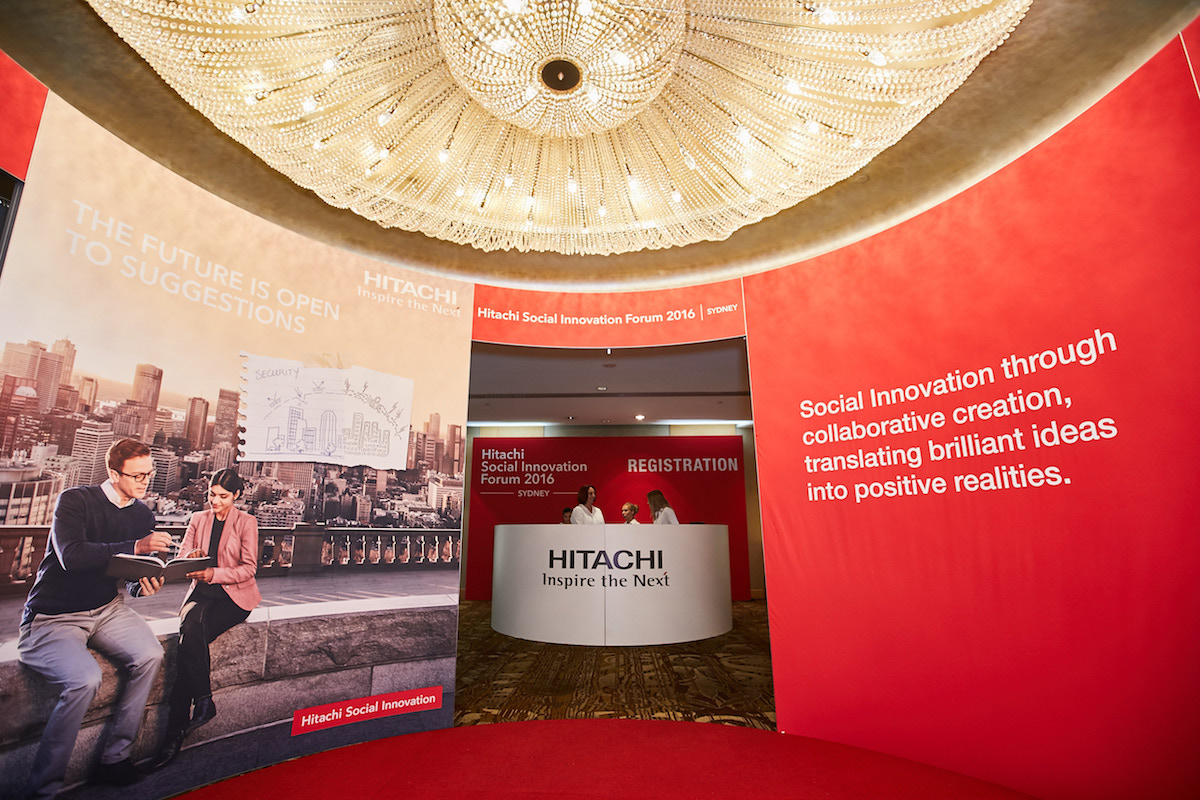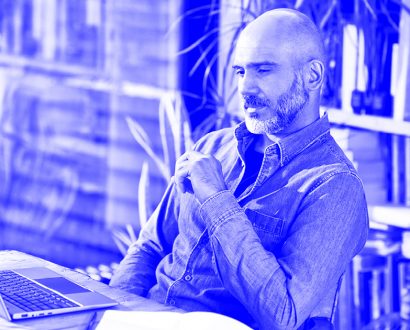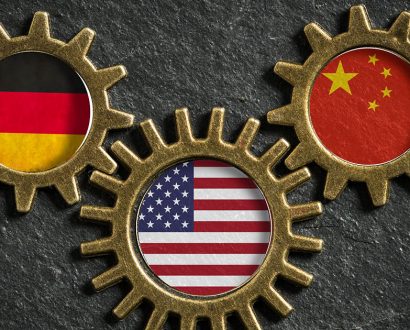Hitachi has announced its plan to invest AU$1.25 billion into social innovation projects in Australia, forecasting its total revenue from the 2015-2016 financial year will triple to reach AU$3.75 billion by 2020 as a result. The announcement was made at the 2016 Hitachi Social Innovation Forum held in Sydney, the event being the first of Hitachi’s global flagship social innovation forums to be held in Australia.
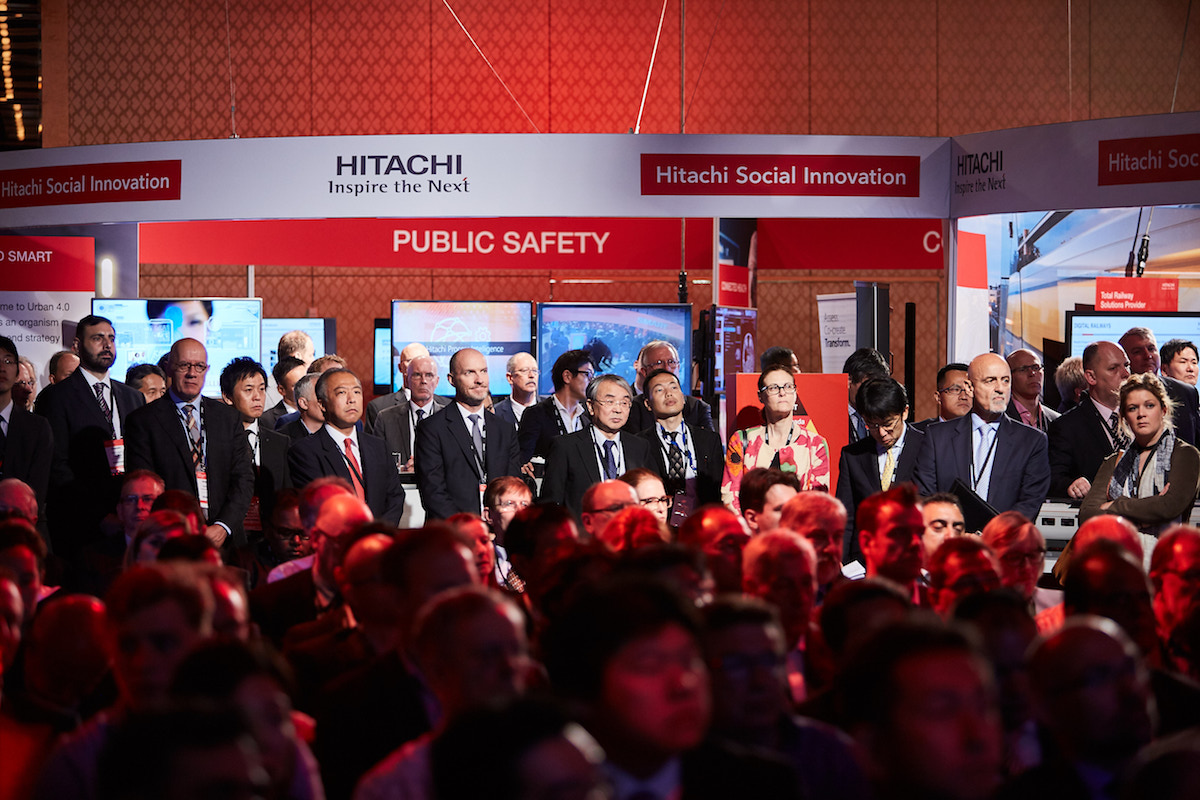
Toshiaki Higashihara, CEO of Hitachi, told attendees the company’s investment in Australia would focus on five key areas; mining, railway, healthcare, security and agriculture. He also shared that Hitachi has identified three critical social issues Australians are facing in the ‘era of uncertainty’: urbanisation, a challenged healthcare system and a need for smarter industry.
Lumada = illuminated data
The Hitachi CEO also introduced Lumada, Hitachi’s new IoT platform, which the company launched in May this year. “We coined the term ‘Lumada’ from illuminate data,” explained Toshiaki. “In order to improve the quality of life here in Australia, a combination of OT and IT is needed. Digitisation is needed.” He went on to say that with over 100 years of OT experience, and more than 50 years of IT capability, the Lumada platform is a way to combine two things that Hitachi does very well.
MD of Hitachi Australia, Hitoshi Ishihara, said, “We will be focusing on what Australia is good at — mining and agriculture. We are going to develop Lumada for use in Australian mining and agriculture and then hopefully be able to globalise it from here.”
Lumada has open architecture, allowing for collaborative creation, it’s adaptable, easily connecting to other systems, and it’s secure.
Toshiaki added, “There are the two key words, two key areas to expand our Social Innovation Business. One is collaboration –co-creation with customers. The second is connect — connect to data, connect data to data, people to people, company to company. In order to accelerate this type of social innovation, we introduced the IoT platform. We’d like to gather partners to develop the Social Innovation Business using Lumada.”
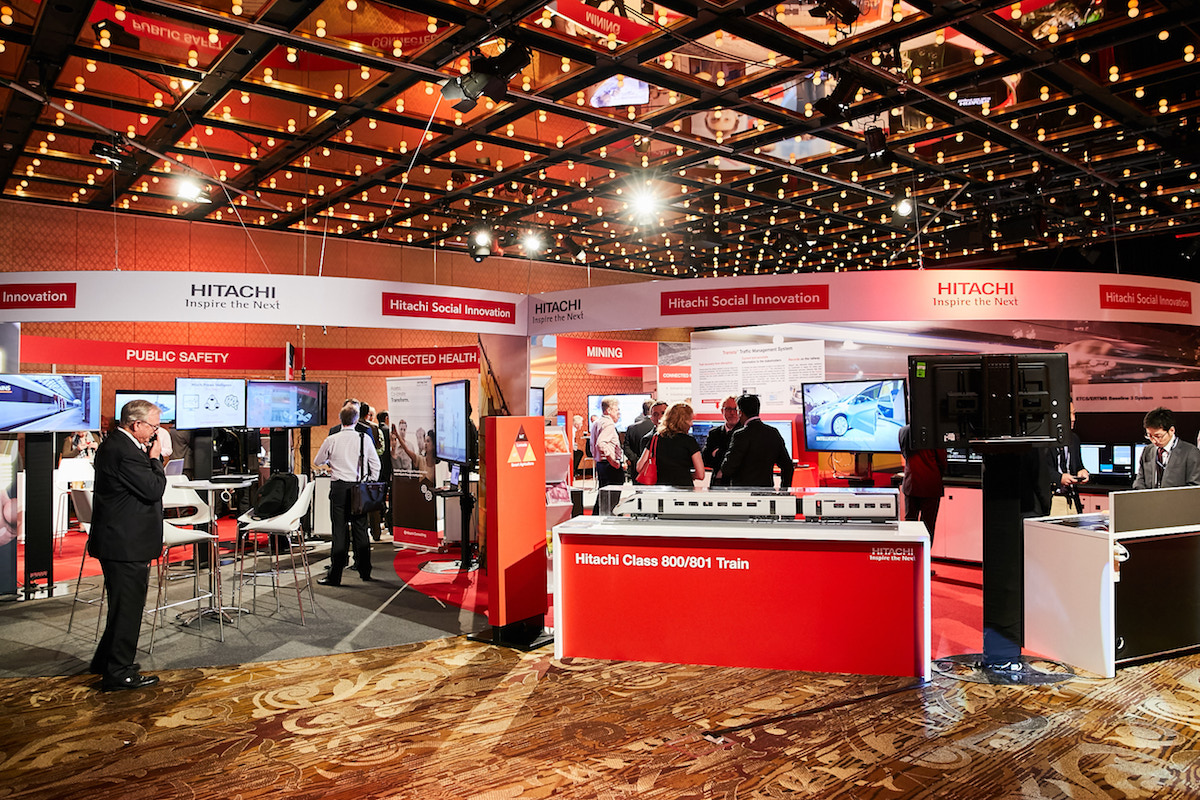
Mega trends
Mark Dougan, MD at global research and consulting company Frost & Sullivan, presented research into global mega trends, focusing on those that are impacting the need for social innovation in Australia. He agrees collaboration is key. “Social innovation needs to occur in collaboration with a broad range of stakeholders including not-for-profits. It’s not just for monetary gain. It’s there to create social value,” he said.
Mark talked about how we are living in a world of “connectivity and convergence”, in which “smart is the new green” and companies are working towards “innovating to zero”. These days, consumers are more connected than ever. By 2020, it is estimated there will be 80 billion connected devices — that’s five for every five billion Internet users. And Australians are particularly technology savvy, tending to be early adopters of new technology. Mark says ‘smart cities’ will create more efficiency and sustainability and explained that ‘innovating to zero’ has come to mean more than just reducing emissions to zero à la Bill Gates’ TED Talk. It’s about ‘zero accidents’ and ‘zero fatalities’ on worksites, ‘zero defects’ in products, ‘zero waste’ produced by companies and so on. He said, “It’s time to set ambitious targets because the technology is now here to see those targets achieved.”
Social innovation in Australia
Tony Field, the Senior Director of Hitachi’s Asia–Pacific IoT and Social Innovation Business was at the forum to discuss Hitachi’s past and present projects for social innovation around the world. “The next revolution has started with the Internet of Things and Industry 4.0,” he said, describing a project already being implemented in Australia, which is enabling an intelligent grid with active power pole management. Hitachi has developed an IoT device that attaches to power poles and monitors their condition to make power networks safer.
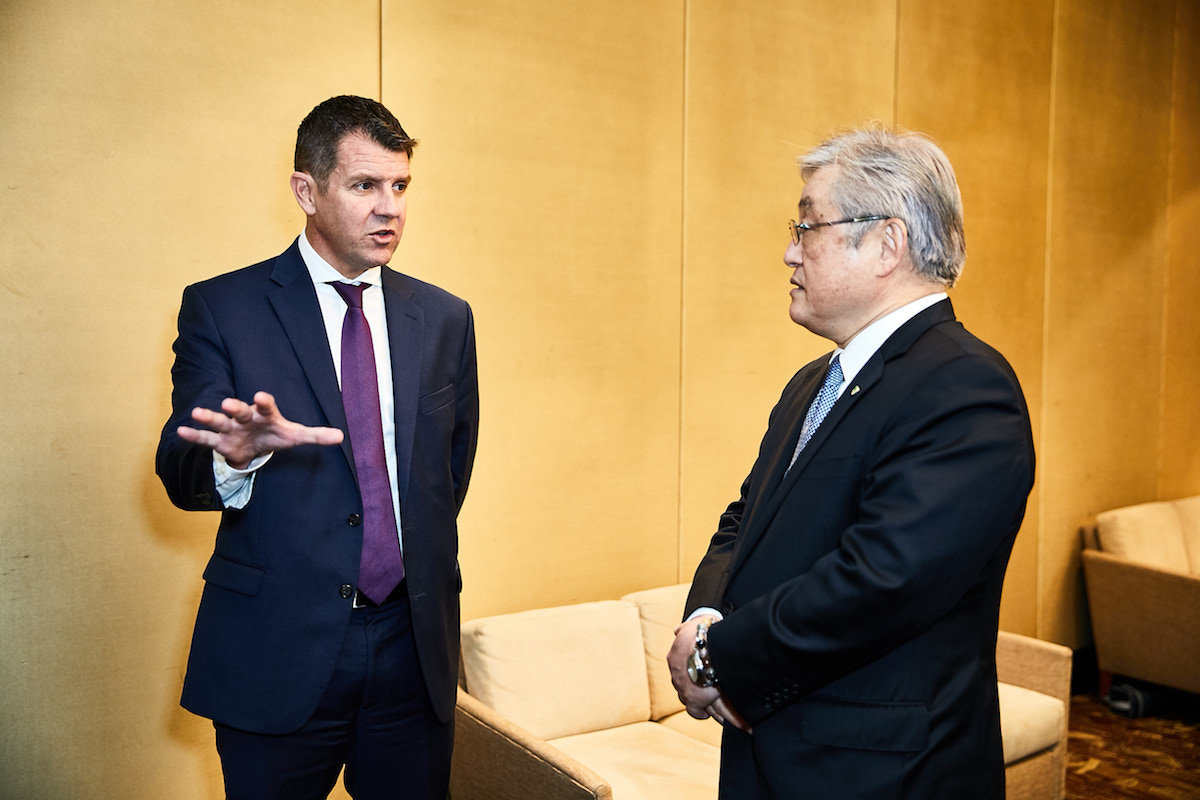
The call for social innovation was echoed by NSW Premier Mike Baird, who was in agreement that there is a need to address the critical social issues in Australia. Now, with a pledged $1.25 billion investment, more of Hitachi’s social innovation projects are set to reach Australia’s shores. While the focus will be on mining and agriculture, where the company sees a need for smarter technologies, including automation, Hitachi will also look at solutions to problems created by urbanisation, such as traffic congestion and inadequate infrastructure in transport, as well as a need for stronger security measures.
Looking forward, Hitachi has strong rail network technologies that have been implemented successfully in other nations including Japan and the UK, and the company is developing video monitoring systems, finger vein authentication and cyber security technology. It’s also likely to bring its particle beam therapy systems for cancer treatment as well as other health care solutions to Australia in the not-so-distant future.

